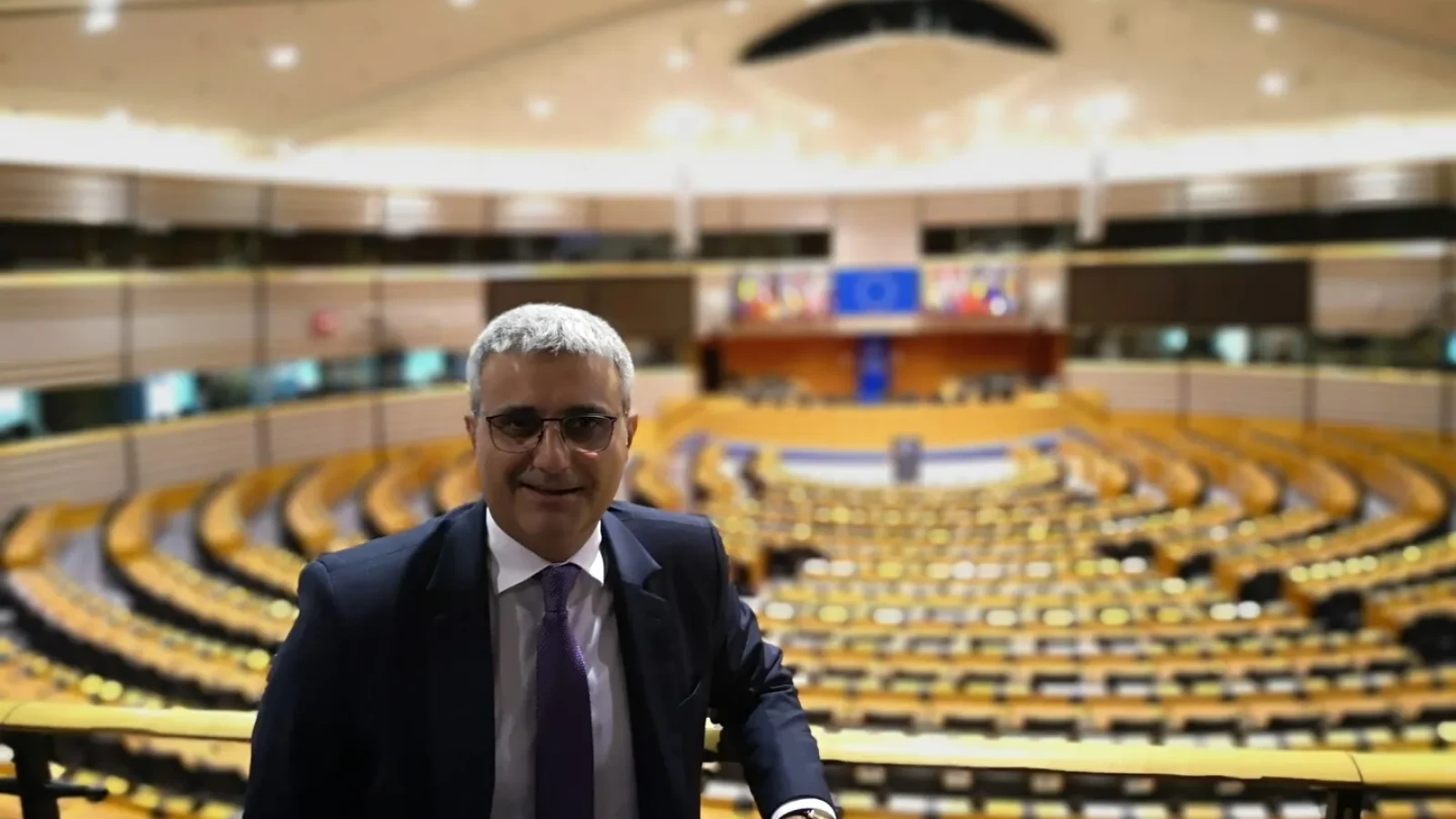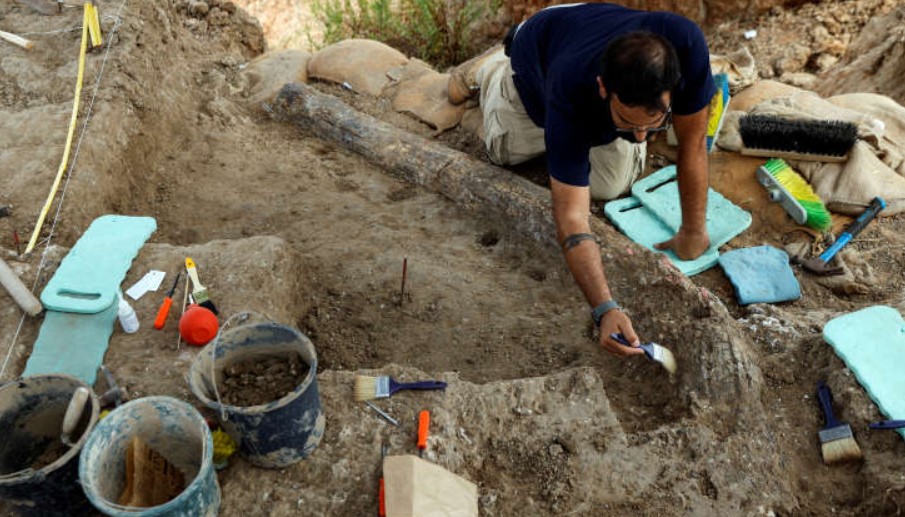The European Parliament has shown that the European Union's budget for 2028 - 2034 will not pass in the current version that provides just for national plans where governments fully control European funds, MEP Dan Barna (Renew Europe) told AGERPRES on Tuesday.
The European Parliament will debate on Wednesday the Commission's proposal for the 2028-2034 EU budget. Compared to the initial proposal tabled in July, the Commission has made several changes, following the intervention of MEPs, but also as a result of the opposition of European regions and farmers. Thus, adequate financing for farmers and regions will be provided.
Also, member states cannot reduce cohesion funds by more than 25% compared to the current multiannual financial period 2021-2027 without a clear justification.
According to Barna, an important element that has his backing is that ''the next multiannual EU budget should continue to provide for explicit mandatory allocation mechanisms at regional level, not just a bucket in the national government's hands to decide at its discretion on the allocation of these funds''.
In a letter to EC President Ursula von der Leyen ten days ago, the leaders of the European People's Party (EPP), the Progressive Alliance of Socialists and Democrats (S&D), Renew Europe (liberal) and the Greens warned that ''the European Parliament cannot accept this proposal as a basis for starting negotiations'' and expressed concern about a possible ''deficit of democracy'' if regional subsidies were to be conditioned on the national governments' performance in implementing reforms approved by Brussels - a so-called ''reform-for-money model''.
The leaders of the four MEP groups also called for the common agricultural policy, which ensures a level playing field for EU farmers, to be kept separate, advocating a stronger role for the European Parliament in approving and reviewing EU countries' spending plans. Under the European Commission's July proposal, these plans would have been negotiated only between member states and the EU Executive.
''The effect of the letter sent to the European Commission by the four (pro-European) MEP group leaders is that it has returned to the table. In fact, this is what it's all about because, obviously, we won't have the budget we had until now, there will be certain changes related to this centralization. It's about the European Commission's desire to be able to have greater flexibility in the event of new crises, because the experience that we all saw and have been through, with the COVID pandemic, the energy crises, the Ukraine war, has highlighted the need to have much faster, much easier intervention instruments and levers at budget level. The budget is designed from this perspective, somewhat exaggerated in that we put all the money in a basket and help ourselves from there like from the family basket - we use all the money we have in the drawer,'' explained the Renew MEP.
The European Commission intends to reform the EU's multiannual budget by prioritizing defense and competitiveness-related spending, adding new revenue sources and changing funding criteria. According to the EU Executive, the future EU multiannual budget would be around 2,000 billion euros, around 700 billion euros more than is currently estimated for the current multiannual financial programming period (2021-2027).
The EU's draft multiannual budget presented in July provided for a merger between cohesion funds (intended to reduce differences between development levels of the European Union's regions) and agricultural subsidies, in centralized national plans totaling 865 billion euros.
Member states have a stronger say in negotiations on the EU budget and are determined to present their own amendments in 2026. The European Parliament has the option of approving or rejecting the final version of the EU's multiannual budget, which is expected to be ready in early 2027.
































Comentează